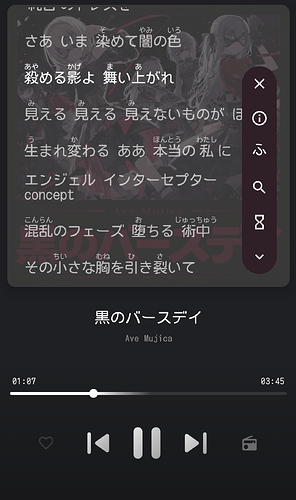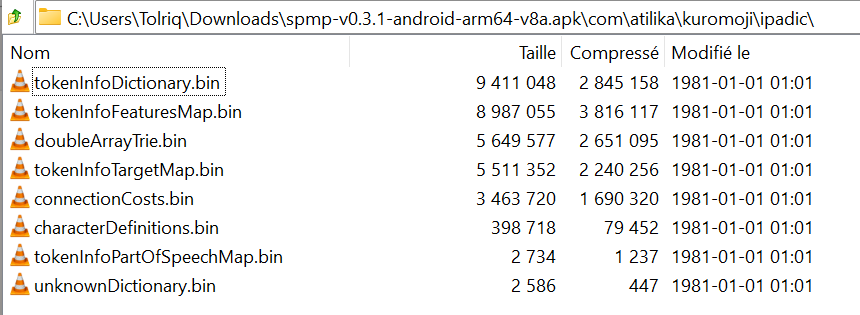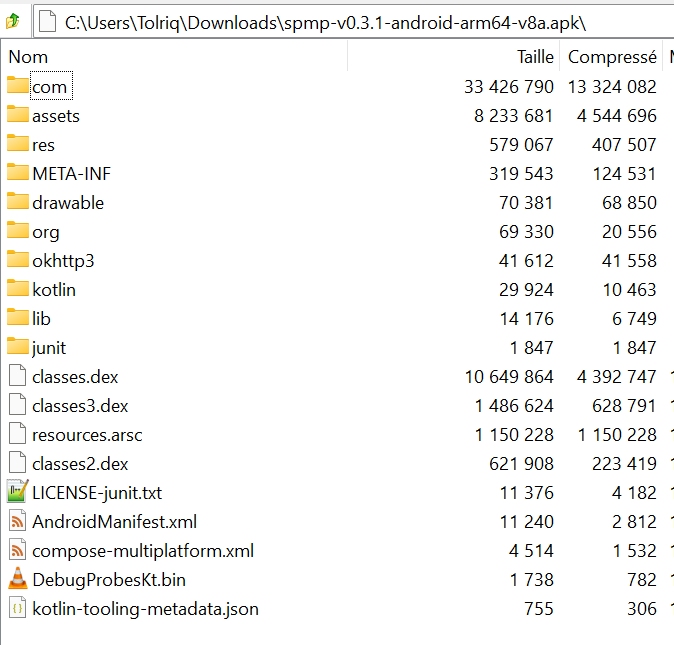Feature description:
Add furigana support for Japanese lyrics. Furigana is the small hiragana or katakana letter appearing above kanji (“Chinese characters”), to provide reading aid on how to pronounce the kanji. (More details below.)
Problem solved:
In the Japanese language, there are three writing system, two of which are “hiragana” and “katakana”. These two are easy to learn, read, and pronounce, since it works similarly to a latin alphabet.
However, the third writing system “kanji” stems from Chinese characters. Kanji doesn’t doesn’t have a definite way of reading, it depends on the context or what characters combinations are made. Even native Japanese people have trouble with kanji.
By adding support for furigana, it’s possible to read kanji without needing to learn 3000+ kanji characters (the suggested amount for being able to understand a Japanese newspaper).
Brought benefits:
The Japanese music market is the second largest in the world, and many who are interested in Japanese music might only know how to read basic hiragana and katakana.
Adding furigana will improve the experience in the lyrics view, but also give bigger appreciation for the music we listen to, while also bringing a stronger attachment to Symfonium, since this feature is rarely seen on music players (from my experience at least).
Other application solutions:
Within the open source community, I’ve seen this being implemented in the music player “SpMp”:
From my understanding, it uses a pre-existing library for generating furigana, but it would require adding styling to place the furigana above the kanji.
Additional description and context:
As Chinese and Japanese share many kanji characters, I’ve noticed that the music app “SpMp” has a check to determine whether the lyrics is Japanese or not. To clarify, furigana is only relevant for Japanese, and cannot be applied in Chinese.
It should be fairly easy to make the distinction between the two languages, especially in the context of lyrics, but I’m not confident in what the best approach would be. E.g. if the encoding you receive of the lyrics already gives an idea of what language it is, or if it’s simply as easy to check if any hiragana/katakana is included in the lyrics.
Screenshots / Mockup:


